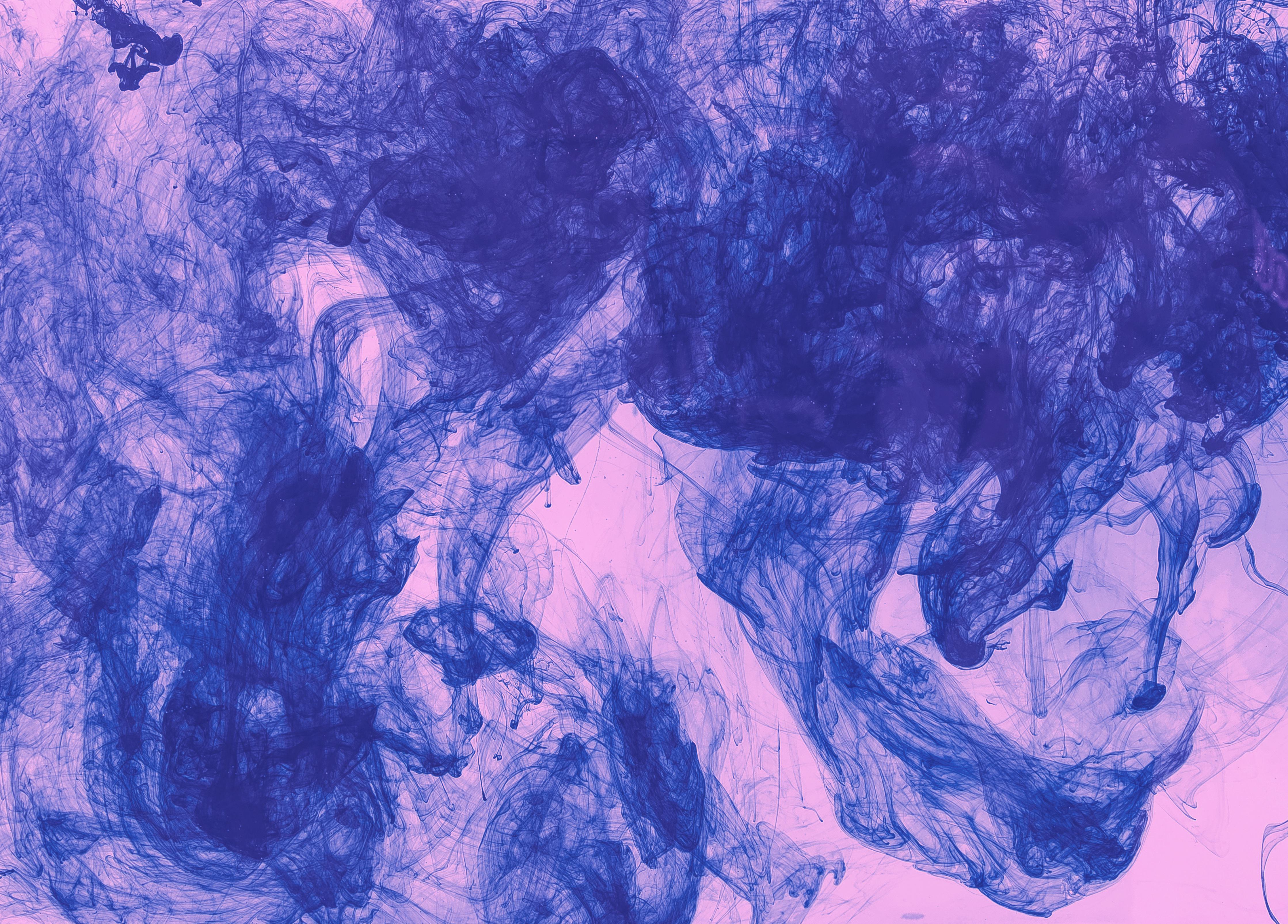Issue 35: Emotion and Affect
Claudia Sterbini (Editor-in-Chief) & Isabel Schueler (Deputy Editor)
Affect theory turns our attention towards a re-contextualisation of emotional and affective experiences within past and contemporary constructions of race, gender and sexuality. It leads us towards the para-rational zones of lived experience (sensations, disturbances, intensities, etc) and offers new interdisciplinary methodologies. The study of emotionality interrogates the boundary between human and non-human, with contemporary research in ecological feeling playing with the border between humans and other species, nature and geological formations. This issue is interested in how these contemporary and modern affective debates have impacted, and continue to impact, the ways in which we think about feeling.
Critical studies into emotionality explore the materiality and the somatics of emotion, offering new perspectives in the ways in which artistic forms have engaged with and responded to affective dimensions. Recent publications such as Xine Yao’s Disaffected (2021) and Lauren Berlant’s On the Inconvenience of Other People (2022) examined attachment both interdisciplinarily and intersectionally, considering the ways in which sentimental paradigms are universalised, engaged with and criticised through literary and artistic media. In the same vein, this issue features discussions of the limits and boundaries of feeling, and in new interdisciplinary, intersectional and contextual understandings of feeling, affect and emotionality.
--
Many, many thanks to the following people for their excellent work in reviewing and editing this issue:
Elizabeth Blakemore, Chun Sui 'Christopher' Chan, Niki Cleland-Hura, Emma Dussouchaud-Esclamadon, Olivia Fischer, Mariane Gallet, Maxime Geervliet, Matthew Lear, Kai Lim, Alisha Palmer, Moss Pepe, Angelina Rao, Avani Udgaonkar, and Lara Virrey.
Thanks as well to the rest of our PGR colleagues and the LLC Postgraduate Research Office.






